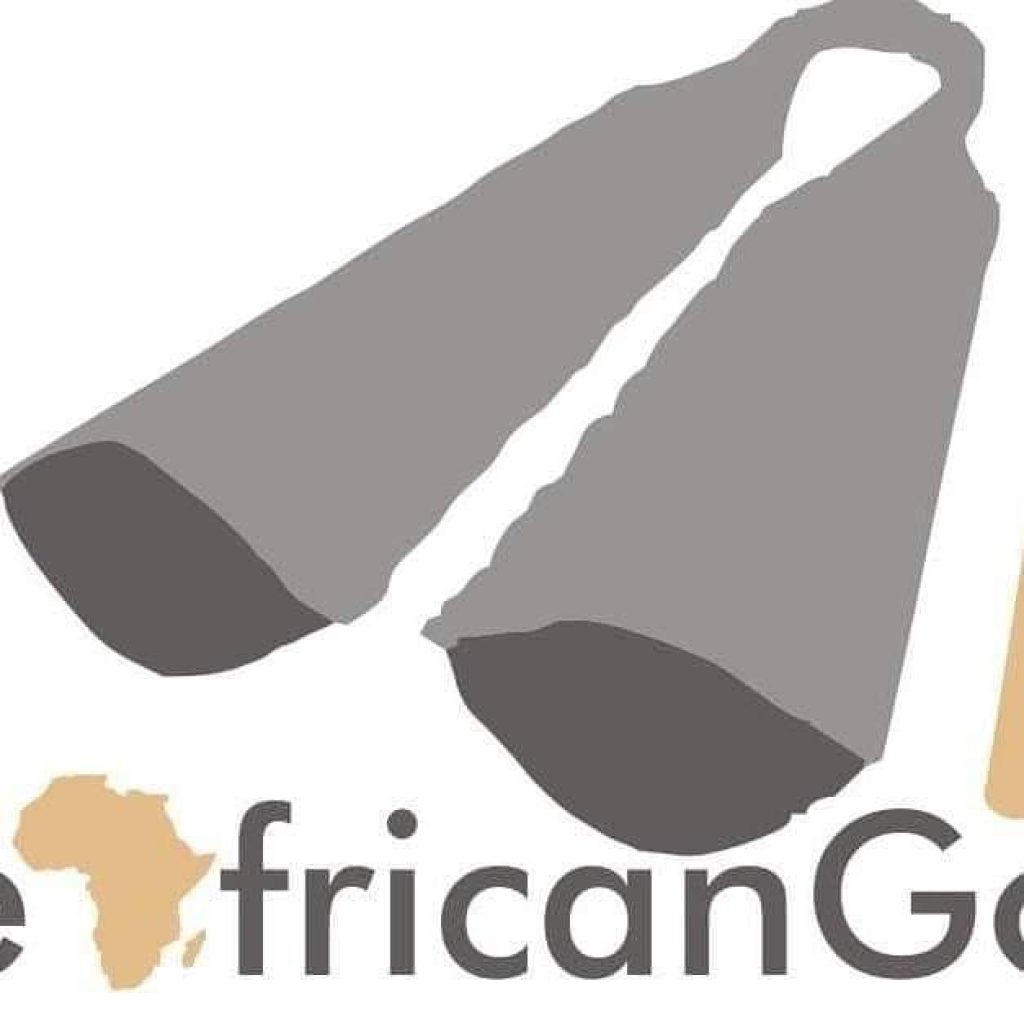
A member of Board of Trustees, Martin Luther Agwai International Leadership and Peace Keeping Centre (MLAILPKC), retired Maj.-Gen. Obidah Ethan, has called for collective action by addressing economic inequality and social injustice to address Nigeria’s security challenges.
Ethan made the call at the inauguration of Leadership and National Cohesion (LNC) Course 2/2024 in Abuja.
The course is organised by MLAILPK in collaboration with the United Nation Development Programme (UNDP) and the Japanese Government.
The board member said that nations lacking national cohesion would have social fragmentation, a weakened sense of national identity and most times a struggling economy.
“Some of the challenges faced today, from insecurity and economic inequality to social injustice require effective leadership and collective action,” he said.
“These pillars are critical in fostering a sense of shared identity, promoting social inclusion and addressing the diverse needs and aspirations of our citizens.
“Effective leadership provides the vision, direction and guidance necessary to navigate the complexities of modern society,” he said.

The Team Lead, Governance, Peace and Security, UNDP, Nigeria, Mr Matthew Alao, made the call at the inauguration of Leadership and National Cohesion (LNC) Course 2/2024 in Abuja.
Alao, represented by the Project Analyst Governance, Peace and Security Unit, Oluwatosin Richard, said that Nigerians needed a nation they would adore and cherish the peaceful co-existence and social cohesion.
The course is organised by Martin Luther Agwai International Leadership and Peace Keeping Centre (MLAILPKC), in collaboration with UNDP and the Government of Japan.
Alao said that humanity and countries around the world were being faced with numerous challenges, from economic uncertainties and political divisions to security threats and wars among other challenges.
According to him, it is in times like these that true leaders emerge – who can inspire, unite, build bridges across nations and ethnic nationalities, and mobilise communities towards common ambitions and destinies.
“This is the essence of the course, being launched today at this centre, with funding and technical assistance from the Government of Japan and UNDP.
“In the word of the global Icon, late Nelson Mandela, ‘Leadership is about making others better as a result of your presence and making sure that impact lasts in your absence.’
“It is, therefore, not just a course but a strategic platform for transformative leadership and cross-sectoral collaboration that enhances sustainable development and attainment of Agenda 2030,’’ he said.
The Japanese Defence Attaché to Nigeria, Lt.-Col. Morita Tatsuya, said the country had consistently demonstrated its commitment to supporting essential training for African-led peace support operations and capacity building in Africa.
He said that Japan recognised the significant role of African-led Peace Support Operations in maintaining peace and stability across the continent.
He said the friendship between Japan and Nigeria in the area of defence had been significantly strengthened since 2015.
“Japan remains steadfast in its commitment to peace and stability in Africa through human resource development in partnership with UN agencies,’’ he said
The Commandant of MLAILPKC, Maj.-Gen. Ademola Adedoja, said the conduct of the course demonstrated the strategic investment in the development of effective leaders and promotion of peace and stability in Nigeria.
Adedoja reiterated that effective leadership and national cohesion were elements that drive progress and prosperity in a nation.
He added that their absence could lead to stagnation, division and instability hindering a nation’s ability to achieve its full potential.
These factors, according to him, informed the decision of the centre to develop capacity of the participants to drive positive change for a united and more prosperous nation.
“As leaders, you have a critical role to play in uniting and fostering a sense of shared identity among the people and must recognize that diversity is strength, not weakness.

“It is aimed at building your capacity to lead with integrity, communicate with clarity and conviction as well as build strong relationship with others,” he said.
The commandant said the course would also provide participants with the comprehensive understanding of concept and qualities of a good leader.
He added that there was the need for mentoring as well as roles of leaders in harnessing the diverse cultures in Nigeria to ensure national cohesion.
“At the end of this course, participants will be empowered to impact positive changes and contribute meaningfully towards enhancing peace, security and safety of the citizenry in Nigeria and the African region,” he added.

